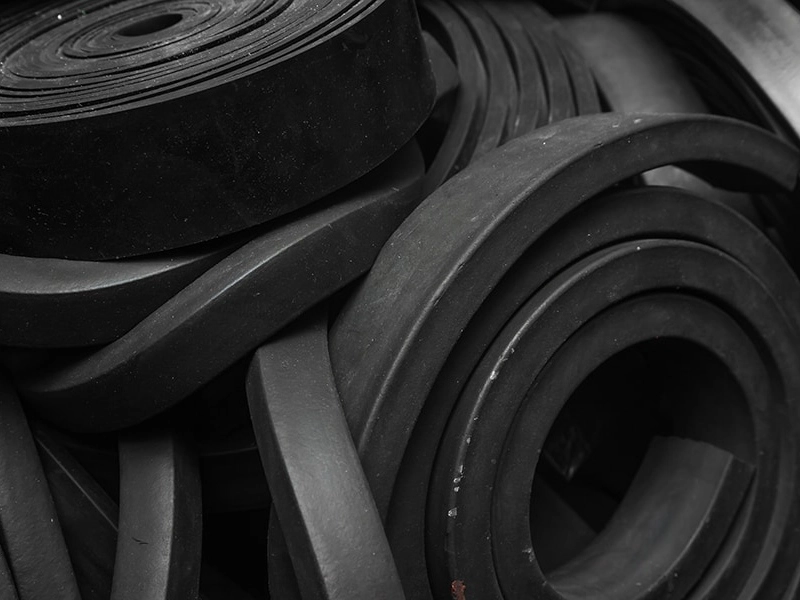15 Common Misconceptions About Static Electricity: 99% of People Fall for These
Advertisement
2. Rubber is the Best Insulator Against Static Electricity

Advertisement
Though this is a common belief, many people think rubber is the best insulator against static electricity. Although rubber is an insulator, it's not always the ideal substance for stopping static electricity. Rubber can occasionally help to cause static accumulation, actually. Rubber's insulating power relies on several elements, including composition and the particular use. Though many rubber items we come across daily are actually composites or synthetic rubbers with varying electrical characteristics, pure natural rubber is a good insulator. Certain rubber compositions can even be developed to be anti-static or conductive. The belief that rubber is better as an insulator probably derives from its application in electrical safety gear, such gloves for electricians. These products are not typical of all rubber goods, though; they are especially made and tested for electrical insulation. Many times, materials including glass, some polymers, even dry air can be superior insulators than rubber. Managing static electricity typically aims not only in insulating but also in securely dissipating charges. Anti-static carpets and clothes so frequently use conductive materials instead of pure insulators. Correct safety procedures in sectors involving electrical risks and for customers selecting items for static control depend on an awareness of this misperception. It emphasises the significance of considering the particular characteristics of materials and their intended application instead of depending just on broad ideas about their insulating capacity.
Advertisement
You May Like

